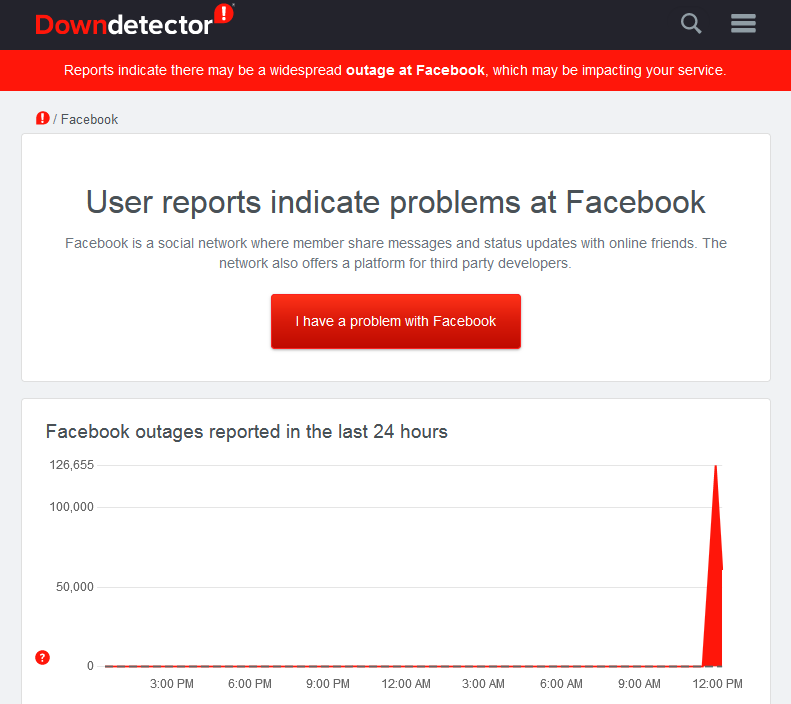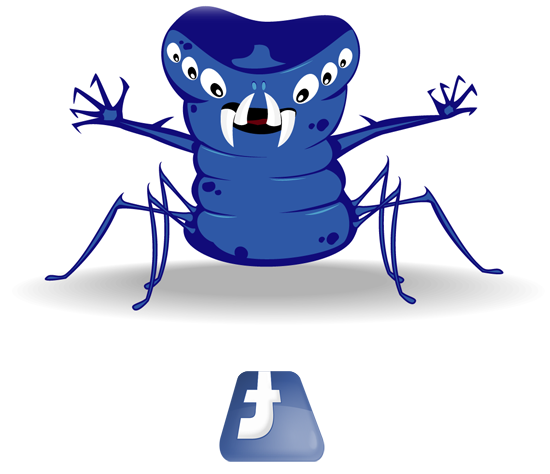
Currently, all of Facebook’s services – that includes Instagram and WhatsApp — are completely down.

I wanted to put together an overview of what stores can do to improve their Shopify setup. Specifically, to make it easier for customers to access your Shopify shopping cart.

Much like my post about connecting Shopify and Instagram, WooCommerce is the online shopping cart for stores that have WordPress websites. So if you already have a WordPress website, you’re more than halfway there @ getting your online shopping cart up and running.
Facebook is offering a service that allows users to send messages to other users, which will be delivered at the stroke of midnight.

TechCrunch just published a fantastic article outlining the deceptive new layout for Facebook Apps.